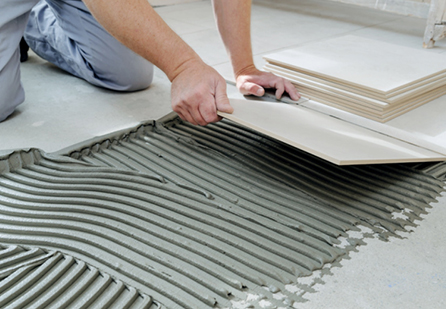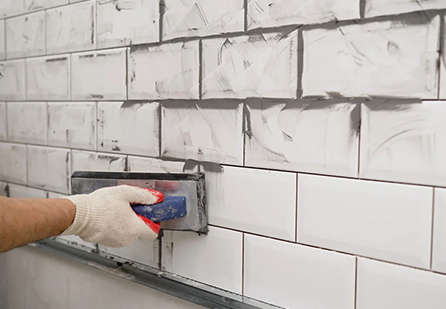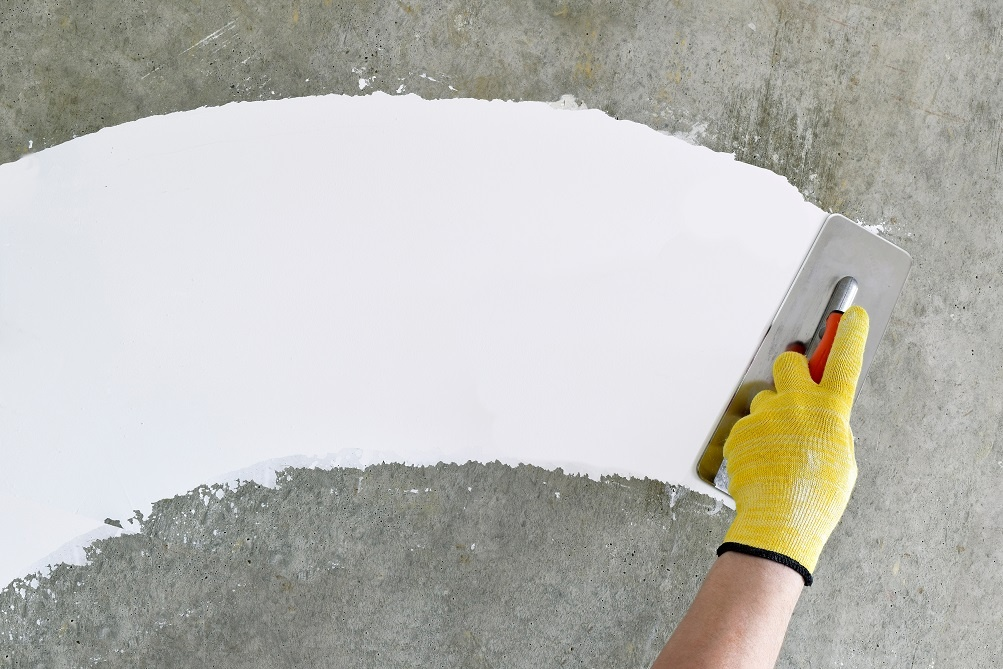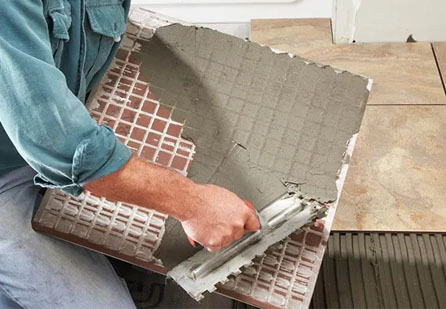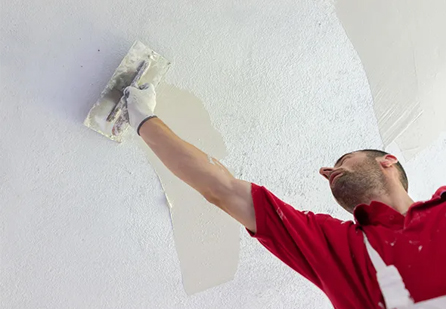Introduction
Hydroxypropyl Methylcellulose (HPMC) is a versatile polymer widely used in mortar formulations for its ability to improve performance and handling properties. It is especially valuable in modern construction, where precision, durability, and efficiency are paramount.
How HPMC Benefits Mortar Applications
1. Water Retention
HPMC ensures excellent water retention, reducing water evaporation during curing.
This promotes complete hydration of cement, improving the strength and durability of the mortar.
2. Improved Workability
Enhances the smoothness and spreadability of mortar, making it easier to apply.
Reduces drag, ensuring a uniform application even on irregular surfaces.
3. Extended Open Time
Prolongs the time mortar remains workable after mixing, crucial for large-scale or intricate projects.
4. Sag Resistance
Prevents the material from slipping or sagging on vertical and overhead surfaces, maintaining its placement.
5. Enhanced Adhesion
Improves bonding between mortar and substrates, reducing the likelihood of cracks or detachment.
6. Consistency and Stability
Prevents segregation and bleeding in mortar mixes, ensuring uniform quality throughout the application.
Applications of HPMC in Mortar
1. Cement-Based Mortar
Used in masonry, plastering, and rendering mortars for improved consistency and durability.
2. Tile Adhesives
Enhances the bonding strength and workability of adhesive mortars for ceramic tiles.
3. Self-Leveling Mortar
Improves flow and leveling properties without compromising strength or durability.
4. Repair Mortar
Provides better adhesion and flexibility for patching and repairing damaged concrete or masonry.
5. Thermal Insulation Mortar
Boosts performance in lightweight, insulating mortar systems for energy-efficient construction.
Technical Considerations for HPMC in Mortar
1. Viscosity
Choose the appropriate viscosity level to balance workability and sag resistance.
2. Mixing and Dissolution
HPMC should dissolve evenly in water without forming lumps to ensure consistent performance.
3. Dosage
Typical usage ranges from 0.1% to 0.5% of the total weight, depending on the specific requirements of the mortar.
4. Temperature and pH Stability
HPMC remains effective across a wide range of temperatures and in alkaline environments typical of cementitious systems.
Advantages of HPMC in Mortar
nhanced durability and crack resistance.
Improved construction efficiency due to better handling.
Environmentally friendly and safe to use.
Storage and Handling
Store in a dry, cool environment to maintain product integrity.
Protect from direct sunlight and moisture to prevent clumping.
Conclusion
HPMC is an essential additive for mortars, providing critical enhancements in water retention, adhesion, workability, and durability. Its use leads to higher-quality, more reliable mortar applications, meeting the demands of modern construction.
Honglai is one of the major high-performance cellulose ether suppliers in China, with products including hydroxypropyl methylcellulose (HPMC), hydroxyethyl methylcellulose (MHEC), hydroxyethyl cellulose (HEC), and carboxymethyl cellulose (CMC). We supply various grades, degrees of substitution, and viscosities to the global market, suitable for different applications such as dry-mix mortar, paints and coatings, food, and skincare products.

